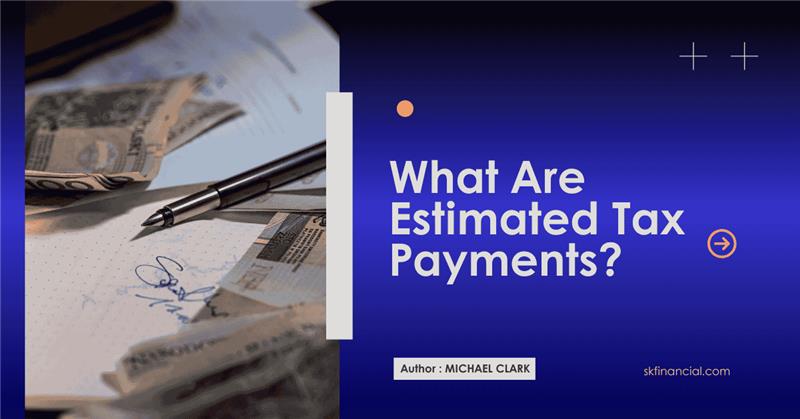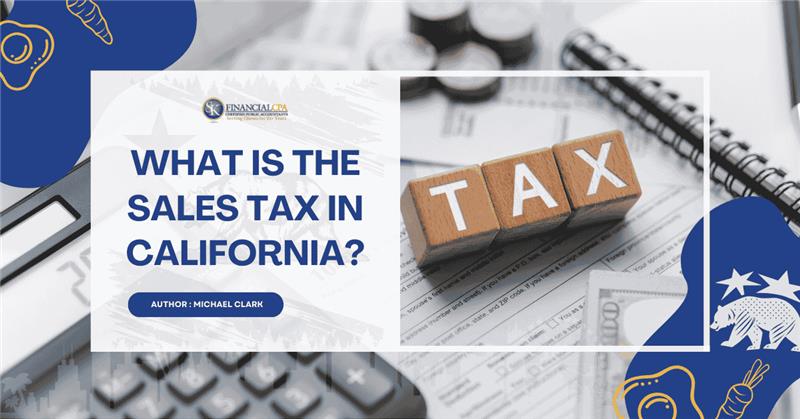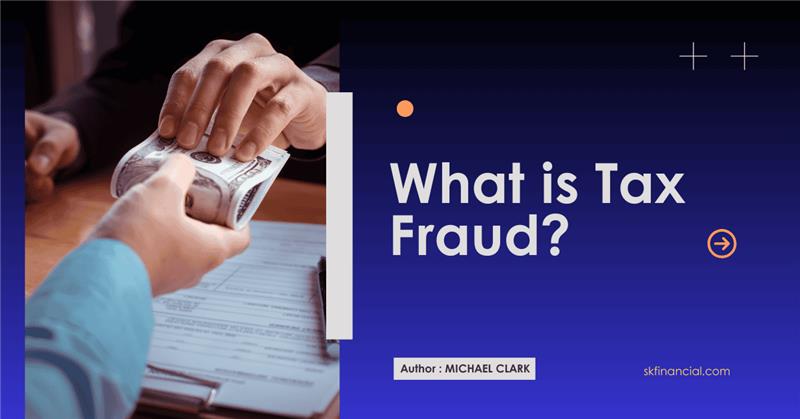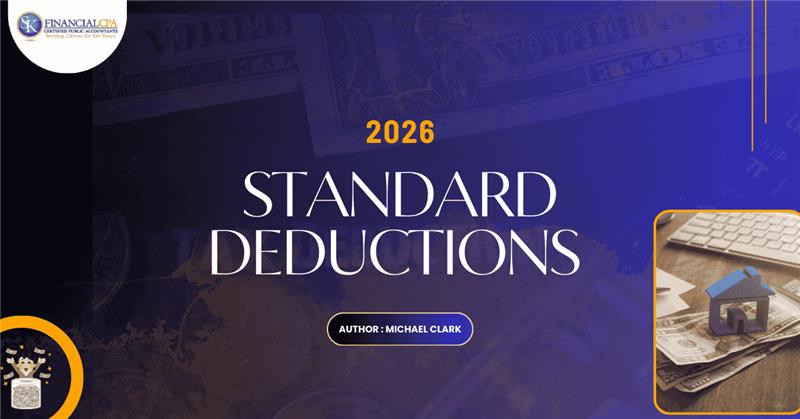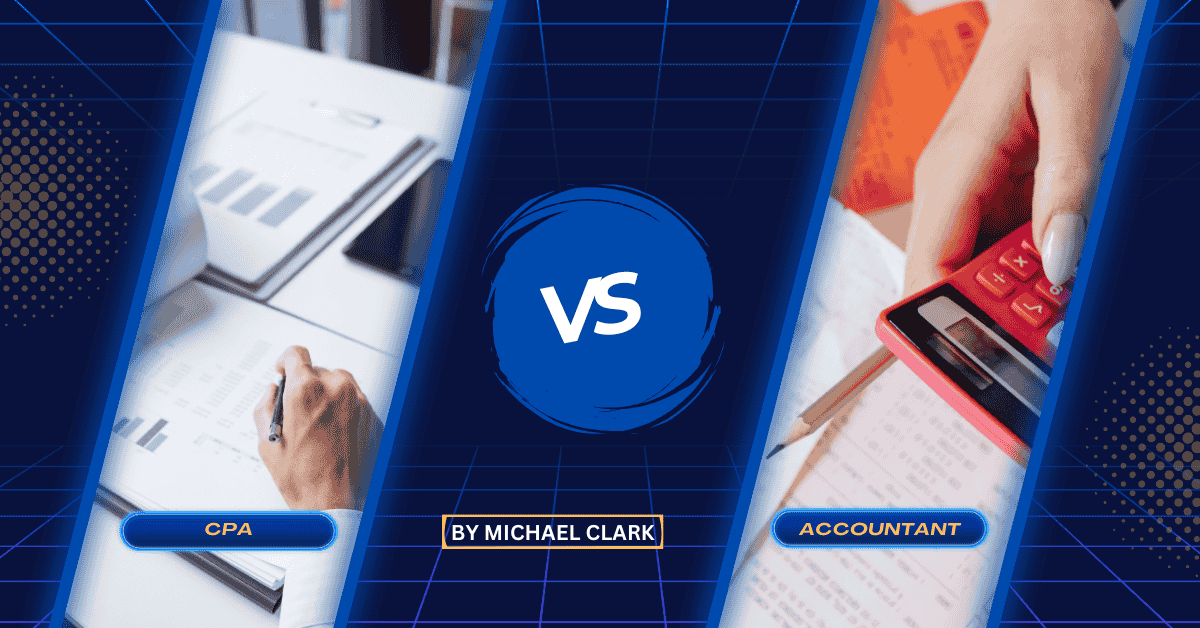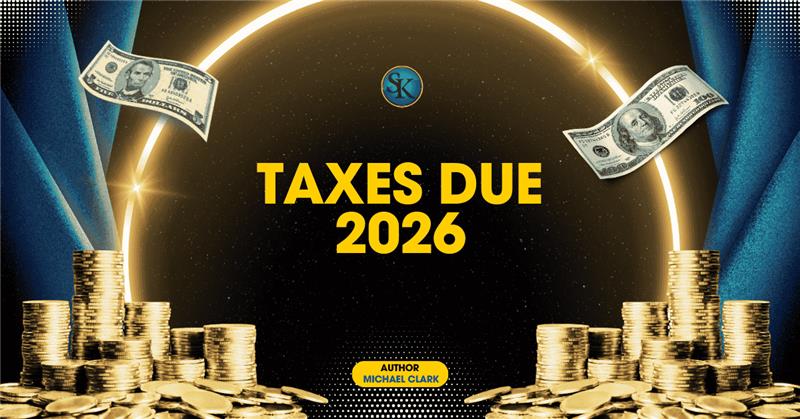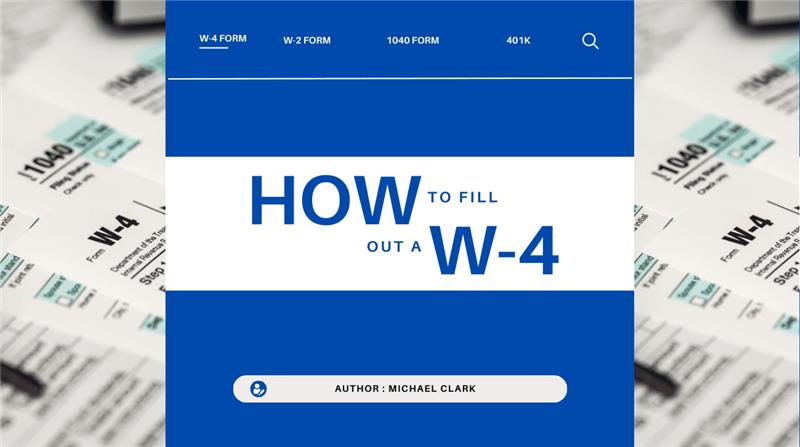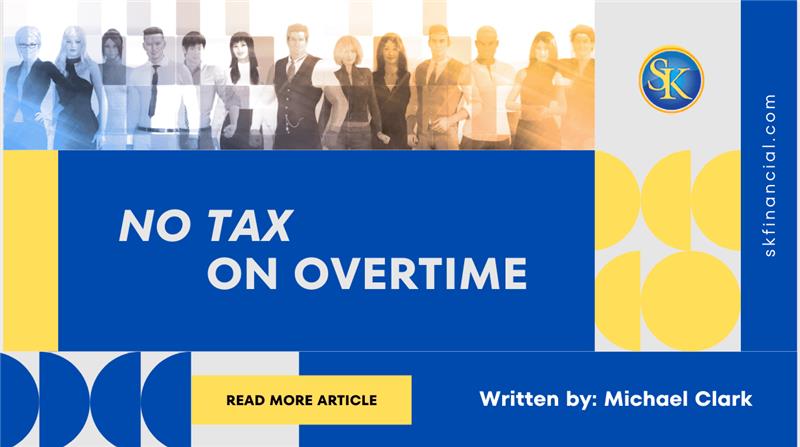What are Estimated Tax Payments, and Who Must Pay It?
Estimated tax payments are quarterly payments you send to the IRS during the year to cover income that doesn’t have automatic tax withholding.
Read MoreDoes Zelle report to the IRS? What Business Owners Need to Know
No, Zelle does not report transactions to the IRS and does not issue Form 1099-K even if you receive business payments through the platform.
Read MoreWhat is the Sales Tax in California? California Sales Tax Rates by City
Sales tax rate in California is 7.25%, that is only the starting point. Depending on the city and local district taxes, the total combined rate can go above 10.75% in certain areas.
Read MoreWhat Is Tax Fraud? How Tax Fraud Is Committed and Detected
Tax fraud is when a person or business knowingly gives false or misleading information on a tax return in order to pay less in taxes, avoid paying taxes they owe, or get a refund they don't deserve
Read MoreLLC vs Sole Proprietorship: Which Should You Choose?
Sole proprietorship is the default business structure when you run a business by yourself and you don’t formally register a separate entity. An LLC is a legal business entity created at the state level.
Read MoreWhat Is the Standard Deduction and How Does It Work in 2026?
standard deduction 2026 is $16,100 for single filers and married filing separately, $24,150 for heads of household, and $32,200 for married couples filing jointly and surviving spouses
Read MoreCPA vs an Accountant: Who Is Better for Your Taxes?
A CPA is a licensed expert who can represent you before the IRS, while an accountant manages financial records. For taxes, audits, and compliance, a CPA provides stronger protection.
Read MoreWhy Are Taxes Due in 2026 in the USA, Tampa, Florida?
April 15, 2026, is the official due date in the U.S. for taxes due in 2026. This is the last day you can file your tax return and pay any taxes you owe on money you made in 2025
Read MoreHow to fill out a W-4 step-by-step Guide?
w-4 form is employee withholding certificate. It guides your employer to hold back the right amount of federal income tax. Too much withheld means smaller paychecks with bigger refund later
Read MoreNo Tax On Overtime: Detailed Guideline
Discover the No Tax on Overtime deduction. eligibility, rules, and savings for workers and employers, plus payroll compliance and planning tips.
Read MoreCategories
FREE CONSULTATION
Our dedicated team is ready to assist you with all your needs. We're here to offer you expert guidance and tailored solutions. Contact us now to discover how we can meet your requirements!
Contact Us